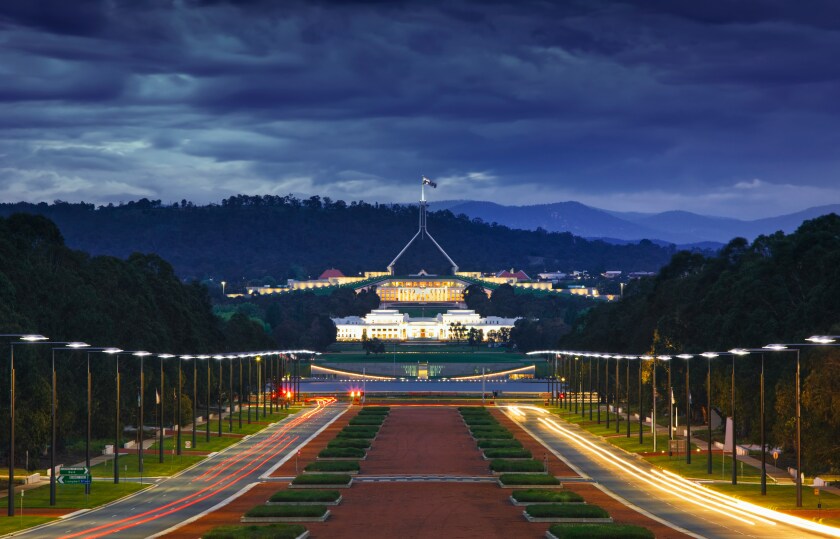With an Australian federal election imminent in the coming months, we have witnessed a wide range of legislative developments recently covering, among other things:
Build-to-rent tax concessions (reduced withholding tax to 15% for certain distributions for foreign investors, and a capital works tax deduction increase to 4% from 2.5%);
Thin capitalisation reforms and guidance;
Final rules for pillar two implementation;
Non-resident capital gains tax reforms;
A new double tax treaty with Portugal; and
Most recently, the introduction of production tax incentives for hydrogen and critical minerals production.
Furthermore, we await important progress on two appeals in the PepsiCo Inc. & Anor (2024) and Oracle Corporation Australia (2024) cases, and additional Australian Taxation Office guidance regarding software distribution and licensing arrangements, dealing with royalty withholding taxes, diverted profits tax, and related matters.
Impact of US/international tax developments
Australia, along with much of the international tax environment, is also very much focused on recent US government/administration comments on, and concerns expressed regarding, the OECD’s ‘global tax deal’, particularly pillar two, and the related announcements regarding options for protection from discriminatory and extraterritorial tax measures.
While trade and tariffs appear to have a primary focus, the February 13 2025 memorandum outlining the review and assessment of each trading partner’s ‘unfair taxes’ imposed on US companies, other policies that impose costs on US businesses and consumers, and any other “unfair practices” appears to be wide ranging and potentially impacts many international and domestic tax policies of individual countries, including Australia.
DLA Piper Australia will critically watch developments on these US and related initiatives, and recent international tax cases such as the decision of the Indian Income Tax Appellate Tribunal in SC Lowy P.I. (Lux) S.A.R.L. (December 30 2024) dealing with, among other things, tax avoidance through ‘treaty shopping’, conduit entities, beneficial ownership, and tax residency issues.
Hydrogen and critical minerals production tax incentives
On February 11 2025, the Future Made in Australia (Production Tax Credits and Other Measures) Bill 2024 was passed by the Australian Parliament and awaits royal assent to be passed into law.
While originally introduced into the Australian Parliament during November 2024, the bill will implement the Albanese government’s production tax incentives for renewable hydrogen and critical minerals. This initiative forms a key component of the government’s path to decarbonisation and has a central role in Australia’s net zero future.
New Division 419 will provide a refundable tax offset of 10% of an eligible company’s expenditure on relevant processing and refining activities for many critical minerals, including lithium, magnesium, nickel, cobalt, and graphite, but not uranium. While there are various qualifying requirements, such as the need to secure a registration certificate for the Australian processing facilities, the critical minerals production tax incentive will apply from 2027 through to 2040 (for up to 10 years per project).
Separately, under new Division 421, the refundable tax offset in respect of hydrogen produced in Australia will be worth A$2 per kilogram of hydrogen produced in Australia from 2027 through to 2040 (for up to 10 years per project). There are similar registration and qualifying criteria to be met as for the critical minerals tax offset.
These production tax incentives have been warmly welcomed by industry, including the Association of Mining and Exploration Companies.












